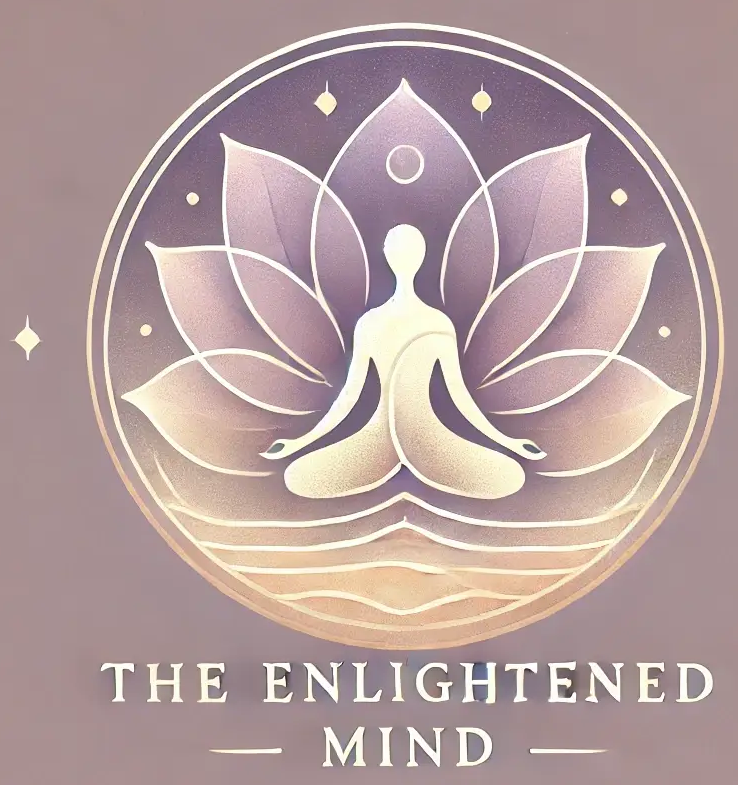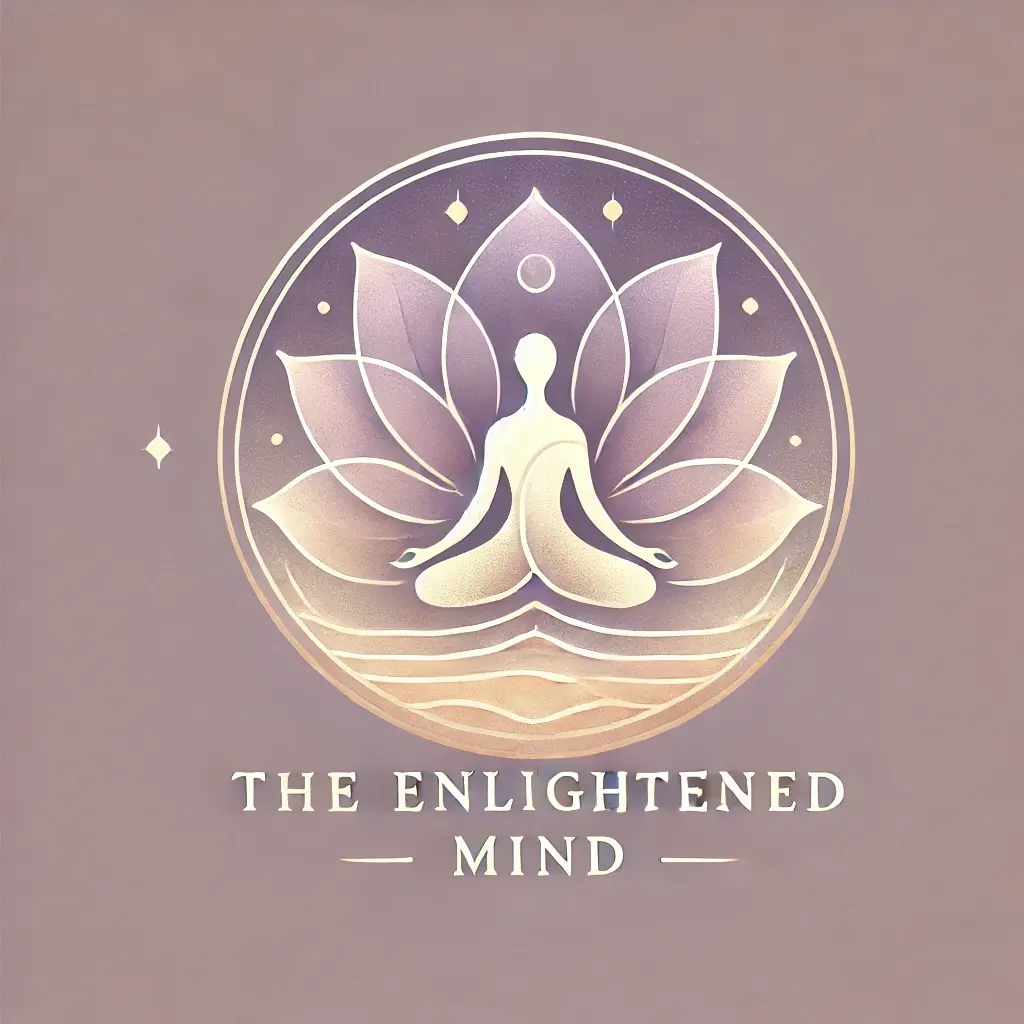Is Relationship Anxiety Affecting Your Romantic Relationships? Learn How to Conquer It
Imagine this scenario: embarking on what appears to be a promising romantic journey. The conversations flow effortlessly, communication is transparent, yet persistent doubts linger in your mind: What makes them interested in me? Will the spark fade? How long until this relationship crumbles? Even after professing love, these uncertainties may persist.
Understanding Relationship Anxiety
If you’ve ever found yourself asking these questions, there is a chance that you may be familiar with relationship anxiety. Relationship anxiety refers to feelings of doubt, insecurity, nonstop worry, and a need for constant reassurance that sometimes occurs during a relationship. Such anxiety may have roots in early childhood attachments and is often a sign of an insecure attachment style.
The Impact of Relationship Anxiety
Feeling anxious about life with a current or prospective partner is an understandable worry—this is a big step in life! However, in certain cases, this worry becomes so crippling, it can prevent the relationship from flourishing, or even taking off, to begin with.
If you’re used to feeling insecure in relationships
According to Hannah Owens, LMSW, if you’re not accustomed to feeling secure in relationships, especially due to childhood experiences with parents or caregivers, this insecurity can manifest and intensify in adulthood. She suggests that despite it not being obvious, questioning this anxiety is key to recognizing it and working towards overcoming it.
Why Do I Constantly Fear My Partner Will Abandon Me?
Experiencing persistent worries about the stability of a relationship may indicate the presence of relationship anxiety. Various factors can contribute to this phenomenon.
An Anxious Attachment Style
When individuals consistently question the security of their relationship or the depth of feelings their partner has for them, it may stem from the dynamics of their upbringing and the relationships they shared with their parents or caregivers.
In situations where parents or guardians consistently demonstrate love and affection towards a child, it can cultivate a secure attachment style within those relationships.
Conversely, if a child experiences a mix of love and care alongside cruelty and abandonment from their caregivers, they may develop an anxious attachment style with the individuals they love and trust.
This may lead the child to seek constant attention and reassurance of love, behaviors that can manifest in adulthood within romantic relationships.
Attachment Styles and Anxiety
Individuals with anxious attachment styles frequently doubt their value and tend to be vigilant in looking for any indications that their partners might be becoming disinterested. This type of attachment also leads to a constant state of fear regarding the possibility of losing their loved ones.
Negative Past Experiences
Picture a situation where you were stung by a bee. The sound of buzzing may now evoke fear as you are cautious about experiencing the sting again. Similar reactions can be triggered in relationships as well.
If we have encountered a past relationship that challenged our self-esteem, worth, or attractiveness, entering into a new partnership may bring back the same anxieties we previously faced.
This could lead us to constantly doubt the relationship’s stability and our emotions within it, keeping us on edge.
Although it may not seem obvious, it is essential to question this anxiety to recognize it and take steps to overcome it.
Low Self-Esteem
Living with a negative perception of our self-worth and value can have a significant impact on our overall well-being.
When struggling with low self-esteem, it can lead to constant doubts about our partner’s feelings towards us and our worthiness of their love. Additionally, it may fuel suspicions of infidelity and other uncertainties that can potentially harm the future of the relationship.
Poor Communication
In some instances, feeling concerned about our partner’s love or the future of our relationship may stem from the absence of open discussions about mutual emotions, the relationship’s status, or future plans together.
Neglecting to address these issues can create a void in the relationship, fostering feelings of unease.
What Does Anxiety in a Relationship Feel Like?
Here are some indications that anxiety might be present in your relationship:
Alternatively, anxiety within a relationship could manifest as actively undermining the connection with your partner. This could involve magnifying small issues or setting traps to test loyalty.
Another form of relationship anxiety may emerge when you purposefully maintain emotional distance and walls with your partner in an attempt to protect yourself from getting hurt and preempt any potential challenges.
Effects of Relationship Anxiety
Before examining how you behave in your relationship, it’s essential to understand that not all worries indicate relationship anxiety.
It is healthy to assess what is functioning well, changes in communication, and emotions shared in the relationship. Yet, constantly monitoring your partner’s actions and demeanor, leaving you feeling anxious, could be problematic.
Persistent concerns about the relationship can diminish the quality of love and intimacy experienced. In some cases, ongoing anxiety within the relationship can lead to its dissolution.
Recognizing frequent experiences of relationship anxiety can harm your well-being and the potential for a lasting relationship with your partner.
Fortunately, there are strategies you can implement to enhance your quality of life and relationship, mitigating the adverse impacts of anxiety.
So, How Can You Overcome Relationship Anxiety?
Thankfully, if you are experiencing relationship anxiety, there are strategies you can use to manage or overcome these emotions. Here are some approaches to explore:
Communicate Your Emotions
To proactively address anxiety, it is vital to engage in open and sincere dialogues with your partner regarding your concerns, hopes, and aspirations for the future. Share any uncertainties you have and work together to overcome challenges, rather than dwelling on worst-case scenarios.
By communicating openly and honestly with your partner, you can prevent uncertainties that fuel anxiety, fostering a positive and healthy relationship dynamic.
Enjoy the Present
When you notice your mind starting to wander and ponder the future of your relationship, it’s best to redirect your thoughts and focus on enjoying the present moment.
Speculating about whether your partner will still be with you in the years to come or if they will continue to find you attractive only detracts from appreciating the happiness you currently have. It can lead to unnecessary worry about events that may never actually happen.
To ease your anxieties, embrace your current reality, and relish the joy of being with someone you have chosen to be with and who has chosen to be with you now.
Confront Your Anxiety
It might seem counterintuitive to face your anxieties while working on overcoming them, but this approach is highly effective in regulating your emotions.
Are you feeling anxious due to a past relationship that didn’t work out? Maybe you’re concerned about not being worthy of love because of self-esteem issues.
Examining the root causes of your relationship anxiety can enable you to identify and address these concerns more effectively.
Attend Therapy
Seeking professional help to address anxiety can be a beneficial step in regaining control over it.
Therapy provides the necessary support to challenge and transform negative beliefs, self-perception, and relationship dynamics.
Additionally, therapy equips individuals with effective strategies to manage anxiety and safeguard the relationship from potential harm.
Keep in Mind
When we have strong feelings about something, it’s natural to have occasional worries—relationships are no exception.
Nevertheless, while it’s normal to be concerned about our partners and their feelings for us, excessive worrying can harm our well-being. This is particularly evident when we constantly fixate on who our partner is talking to, the future of the relationship, and other signs of relationship anxiety.
Fortunately, there are effective ways to manage anxiety in a relationship, with open and honest communication about worries, challenges, and hopes with our partners being one of the most powerful methods.
It’s also important to confront the root causes of our relationship fears. If necessary, seeking therapy can be beneficial in addressing negative thought patterns and improving self-esteem.


